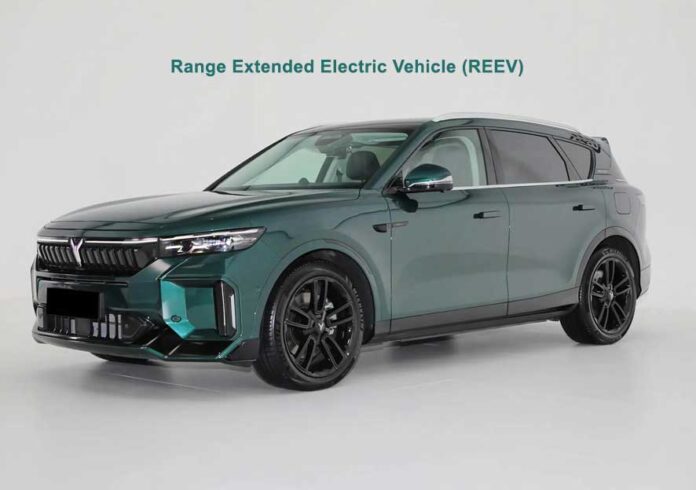
The draft Corporate Average Fuel Efficiency (CAFE) 3 norms have placed Range Extender Electric Vehicles (REEVs) in the same category as battery-electric vehicles (BEVs), tightening fuel-efficiency and CO₂-emission targets for passenger vehicle OEMs. In response, the Associated Chambers of Commerce and Industry (Assocham) has urged the government to classify REEVs under the 5% GST slab, similar to BEVs, to promote adoption and investment in India’s electric vehicle sector.
Why the Push for Lower GST?
In a letter to the Ministry of Heavy Industries, Assocham highlighted that including REEVs under the 5% GST rate will:
- Boost EV adoption
- Expand the BEV market base
- Encourage innovation and supply-chain development for new energy vehicles
Currently, BEVs are taxed at 5%, while ICE and PHEV vehicles under 4 meters fall under 18%, and larger ones at 40%. REEVs, however, lack a defined GST classification, despite their emission-reducing benefits.
What Are REEVs?
A Range Extender Electric Vehicle is primarily an electric vehicle equipped with a small gasoline generator to recharge its battery. Unlike traditional hybrids, the gasoline engine never powers the wheels. This makes REEVs a “transitional model” that addresses range anxiety, supports local manufacturing, and allows policymakers time to expand EV infrastructure.
Global Lessons from China
Ranjan Nayak, CEO of JSW Motors, cited China’s experience, where REEVs and hybrids became a key foundation for the EV revolution, driving NEV sales from 0.3 million in 2015 to over 16 million annually in 2025. He stressed that REEVs are a strategic bridge for India’s EV transition, offering a well-paced, scalable, and affordable path to electrification.
Assocham’s Recommendation
The industry body emphasized that REEVs, though larger due to the need to house a motor, battery, and generator, significantly reduce emissions and should therefore qualify for the lowest GST rate of 5%, ensuring affordability and encouraging broader EV adoption in India.









